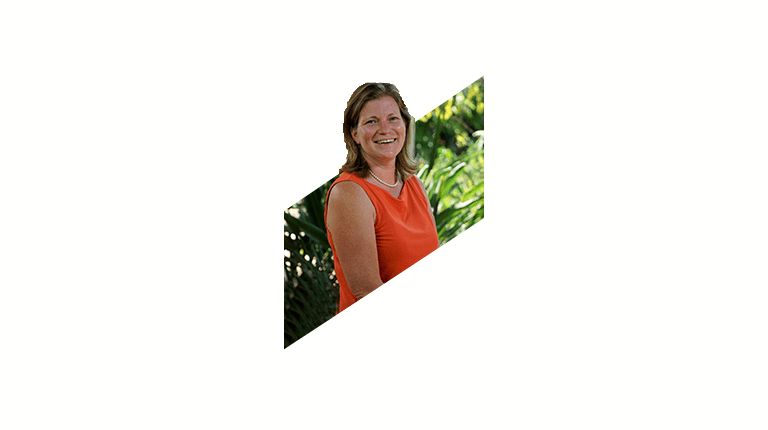Dr Kamala Thriemer Biography
Menzies School of Health Research
2020 CSL Centenary Fellow

Vivax Malaria is the second largest cause of malaria deaths and is hard to treat as the parasite can hide in the liver and re-emerge months later. Her studies have shown that as few as one in ten patients successfully complete the long course of treatment.
Kamala is a public health researcher at the Menzies School of Health Research in Darwin.
The Plasmodium vivax strain of malaria, represents a challenging foe and is responsible for more than 14 million cases of infection every year, many of them fatal, yet receives little attention.
Developing public health policy to combat P. vivax across its global range is Kamala’s primary focus. A graduate of the Medical University Vienna (MUV), she has led large clinical trials in malaria-endemic countries including Ethiopia, Bangladesh, Indonesia and Vietnam. She lived and worked in the field in Asia and Africa for six years, focusing on malaria, typhoid and cholera.
P. vivax is hard to tackle because after the initial attack, it can hide in the liver and reappear weeks, even months later. A long period of treatment is required which patients often don’t complete, so they get sick again.
“We found that in Indonesia for example only ten per cent of patients successfully completed the treatment.” says Kamala.
Her research reveals that public health strategies to improve treatment outcomes must align with the geographic and economic conditions in any given nation. The five-year CSL Centenary Fellowship will enable her to generate country-specific roadmaps to guide public health programs.
It will also assist Darwin’s growing reputation as a key location for tropical health research. “Darwin is a tropical city, located much closer to Jakarta than Melbourne,” Kamala says. “That makes it a perfect home for tropical health research.”


